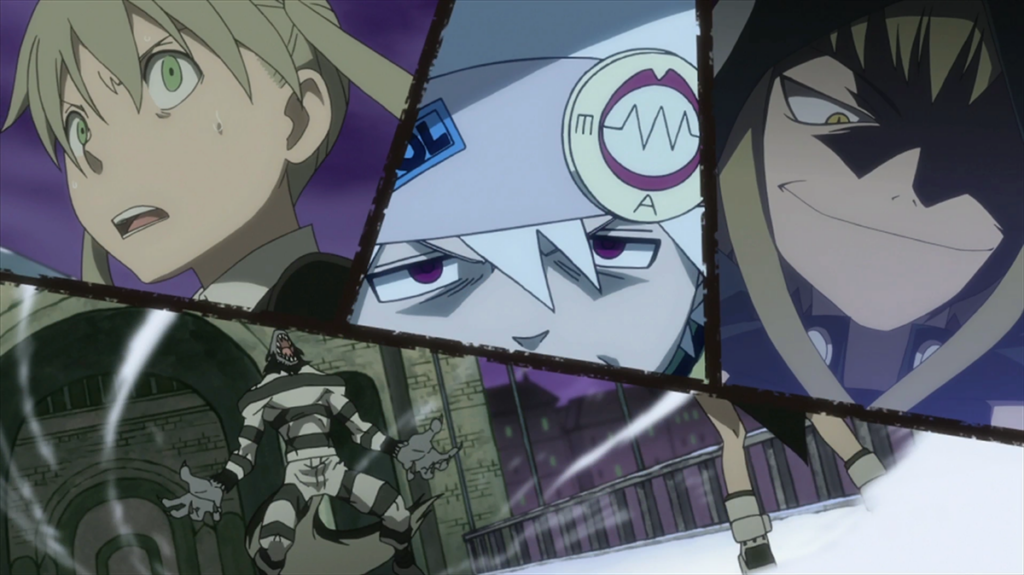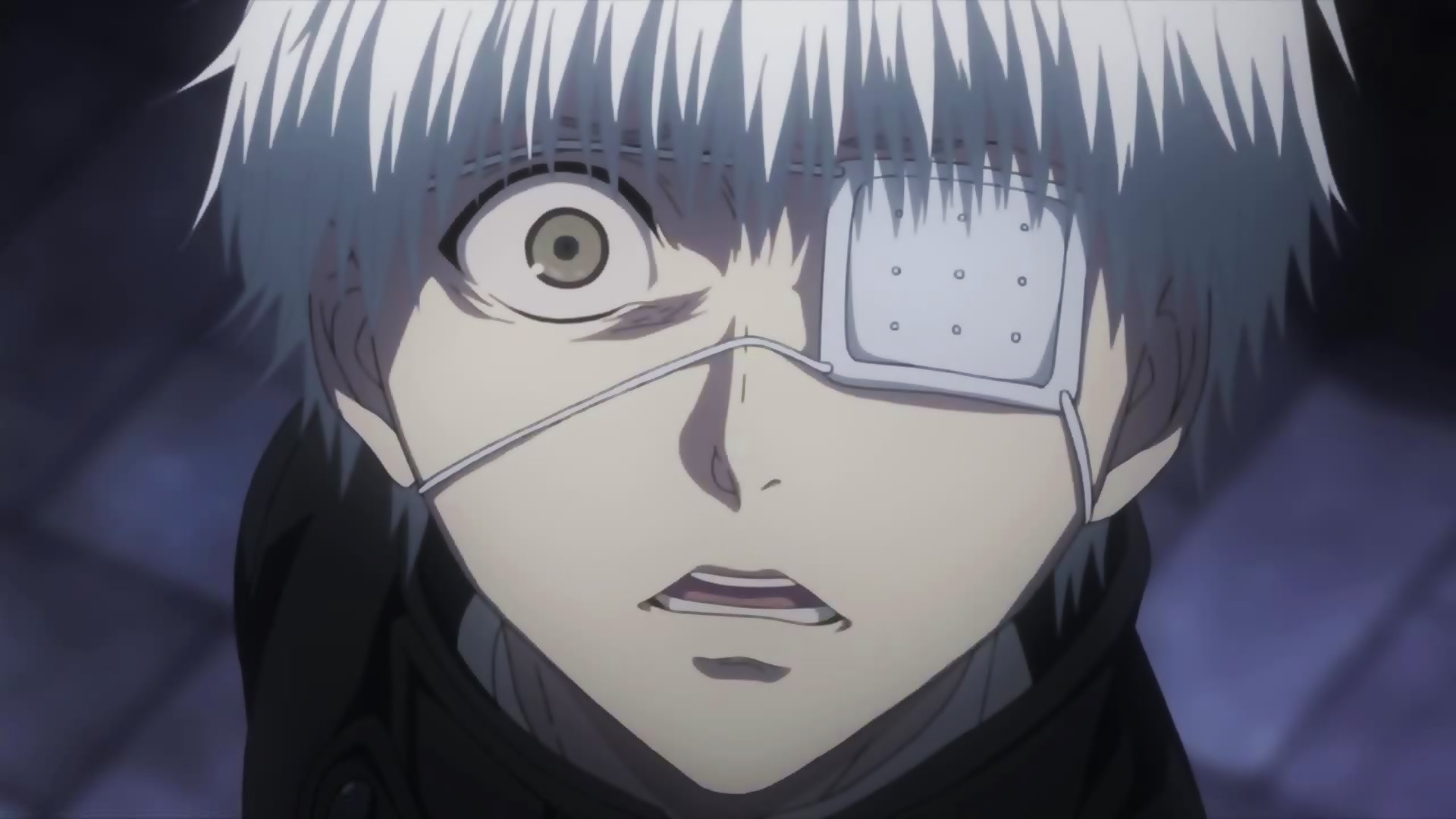He anime world has seen progressive growth, going from a niche fascination to a widespread interest that has taken root in many places beyond Japan. However, despite the growing popularity of the medium, discerning which anime series are destined to become classics and which should be avoided at all costs can be tricky.
Sometimes an anime series is neither completely good nor bad. Sometimes, a well-made series fails in its outcome and ruins what could have been a new classic. Unfortunately, there are too many anime series that become a mass of divided opinions due to their controversial endings. No matter how strong its story is, a disappointing ending can tarnish an anime’s reputation. Few things are worse than having high expectations for the outcome of an anime, only to see those hopes dashed by an illogical, unexciting, or out-of-character ending.
While a great ending leaves viewers feeling satisfied and wanting more, a terrible ending ruins viewers’ appetites. Below is a list of anime series that fans say suffered disappointing endings that negatively affected the reputation of the entire franchise (the list is in no specific order):
Fullmetal Alchemist
- The first installment of Fullmetal Alchemist, from 2003, starts off strong, but suffers from what often happens with many anime that quickly adapt a popular manga series before finishing it. The Fullmetal Alchemist anime takes risks with its ending, but ultimately loses the meaning of Edward and Alphonse’s journey.
- The two brothers sacrifice themselves for each other, but Edward is displaced and abandoned in a new world in a very unsatisfying conclusion. That’s why the manga was adapted years later into Fullmetal Alchemist Brotherhood.

Tokyo Ghoul Root A
- It still hurts to think about how disastrous the anime adaptation of Tokyo Ghoul is and how its poor reception has even negatively affected the manga. The Tokyo Ghoul franchise thus becomes another victim of manipulation of the source material.
- Tokyo Ghoul Root A picks up on the final climax of the original anime, in which Ken Kaneki embraces his darker side. The manga contains high-quality material, but the anime does its own thing and changes the intense battles for melancholic musings. Tokyo Ghoul:re tries to fix this mess, but it’s too little, too late.

soul eater
- Soul Eater is a fun shonen series based on an addictive premise in which teams of weapon wielders and their humanoid death scythes claim souls. Soul Eater does a great job for 50 episodes, but its latest installment goes off script in a way that’s confusing.
- The Soul Eater anime creates an original ending where Maka goes rogue and saves the day with a random punch that is supposed to represent the power of friendship and courage. It is a solution that comes out of nowhere and is even in bad taste, considering that the rest of the anime emphasizes combat strategy and teamwork.

Sword Art Online
- Sword Art Online draws on a lot of staples of the isekai genre, but the relationship that forms between newcomer Kirito and Asuna is really sweet. Sword Art Online has very solid foundations, which makes its random ending a disappointment.
- The characters in Sword Art Online completely abandon their emotions. Asuna becomes a fragile and passive individual, while the villainous Kayaba reveals that he didn’t even have a reason for his murderous plan. Kirito’s final actions regarding the release of the World Seed feel just as random and undermine everything that comes before.

Mirai Nikki
- Mirai Nikki is a suspense series in which a dozen powerful diaries are unleashed. All of them have the ability not only to predict the future, but to help the God of Time and Space choose his successor. Mirai Nikki closes the loose ends well, but says goodbye with an unnecessary cliffhanger.
- An epilogue set 10,000 years in the future predicts the results of a new Diary Game, only to abruptly end the encounter and leave the audience confused. The answers were revealed in Mirai Nikki: Redial, but that happened years later.

Tengen Toppa Gurren Lagann
- Gurren Lagann is an excellent mecha anime series that finds new angles on narratives of rebellion and underdog protagonists, combined with unique robot designs. Simon’s mission to balance the world and end the sinister threat of the Spiral is juxtaposed with his love for Nia.
- Simon saves the day, and he and Nia are literally on the verge of confirming their nuptials when Nia disappears, lost forever to Simon’s victory against the alien race. A happy ending isn’t always necessary, but this bleak conclusion comes out of nowhere and is a big change in tone from what the characters deserve.

Gintama
- Gintama is a masterpiece of comedy, action, and genre-blending, but a running gag in the anime series is that it is often canceled due to the time overlap with the manga. The 367th and final episode of Gintama begins with a high-octane fight sequence, which abruptly “cuts” with a fourth-wall-breaking apology about why they weren’t able to finish the anime properly.
- It’s one of the most ridiculous ways to conclude a series, and while it may frustrate some who were starving for a resolution, it’s also an ending that is “the perfect definition of Gintama.” It’s as perfect as it is frustrating.

ERASED
- ERASED is a phenomenal mystery series that combines time travel, a ruthless serial killer, and a supernatural quest into one totally unpredictable experience. Each attempt Satoru makes to find out the identity of this criminal is more exciting than the last, so he feels quite empty when the big villain’s motivations are never made clear, even after his identity is revealed.
- Sometimes the random and undecipherable nature of a killer is what makes them so terrifying. But audiences wanted answers in ERASED, and the weak characterization of the culprit makes Satoru’s victory feel somewhat hollow.

Neon Genesis Evangelion
- Neon Genesis Evangelion is an existential mecha series that has rightfully earned its reputation as one of the most mind-blowing anime of all time. Evangelion is unlike anything else, largely due to Hideaki Anno’s intense involvement in the production of the series.
- It’s Anno’s own feelings and doubts that take over Evangelion’s ending, which becomes heady philosophical musings rather than a tangible action conclusion. The ending of Evangelion caused such a stir that it led to the release of Death & Rebirth, The End of Evangelion, and even the Rebuild of Evangelion films, which offered the franchise an entirely new ending.

Claymore
- Claymore creates a rich world filled with interesting monsters known as Yoma, as well as the Claymore warriors who hunt them. Clare is an effective and aggressive protagonist in this violent series, but the immersive world she creates is only hurt by the abrupt conclusion.
- The final episodes of Claymore rush to pack in a ton of content, so none of the events or character motivations feel justified. And even more egregious, it creates a cliffhanger that is never completed. These unnecessary threads and unsatisfying lack of resolution are what really hurt Claymore.

Original Writing: ComicBook Resources
